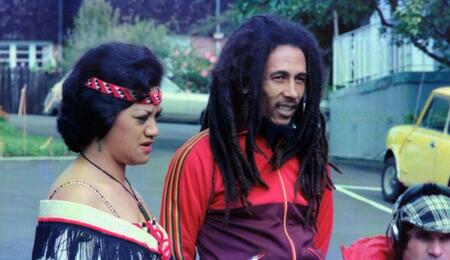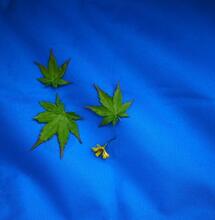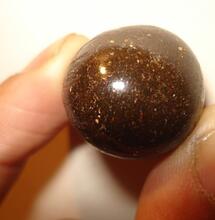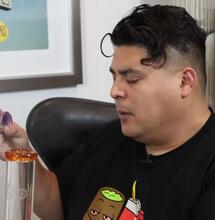Bob Marley: An Icon of Cannabis Culture

The late reggae musician is an enduring icon of cannabis culture. He is also one of the main reasons (if not the main) why if you wear dreadlocks, you will be stopped for a routine drug check by customs officers at the airport. Bob Marley was born on February 6, 1945, and is known all over the world for he spread peace, love and understanding through his music. Had he been alive, he would have turned 78 years old.
Derived from ska and rocksteady, reggae music appeared in Jamaica back in the 1960s. Bob Marley, Peter Tosh, and Bunny Wailer formed The Wailers in 1963 and found themselves at the center of the brand new reggae scene. To this date, The Wailers, and Bob Marley in general, remain the most recognized representatives of the reggae music movement.
It's needless to say that Marley is also very famous for his use of marijuana. So much that it would be an understatement to simply say that he liked it. Marijuana was part of his music, lyrics and also part of his religion.
Marley was a devoted follower of Rastafarianism. He converted to being a Rastafari in the mid-1960s, along with thousands of fellow Jamaicans of African descent.
Like other Rastafari, Marley viewed smoking cannabis not as a habit to chill out but as a holy rite. Something to level up his spirituality and thus his creativity. Smoking, he believed, brought him closer to Jah (or God). The long dreadlocks and the consumption of a strictly vegetarian diet were other complementary aspects of Bob's religion and lifestyle.
As Bob Marley's popularity took over the world, he became a cultural ambassador of his people and his religion, and subsequently also of cannabis. "Smoking weed reveals your own self," he would say.
He was also vocal on the subject of legalizing marijuana, having said: "Herb, herb is a plant. I mean herbs are are good for everything. Why these people who want to do so much good for everyone, who call themselves governments and this and that. Why them say you mustn't use the herb? Them just say No you mustn't use it, you mustn't use it because it will make you a rebel. Against what?"
In 1977, Marley was diagnosed with skin cancer. He was at the peak of his career around this time, with reggae music having found its way up the charts in western countries.
The melanoma was found on his big toe, first as a sore that would not heal. Bob did not follow doctors' advice to have his toe amputated, claiming it was against his religious beliefs. However, others believe he refused the amputation because removing the toe would affect his dancing skills. Marley kept his health condition concealed from the public and he just continued working on new music material.
Sadly, Bob Marley's life came to an end in 1981 when he was aged only 36. While he left this world far too early, he left a legacy in culture and music that's hard to beat.









